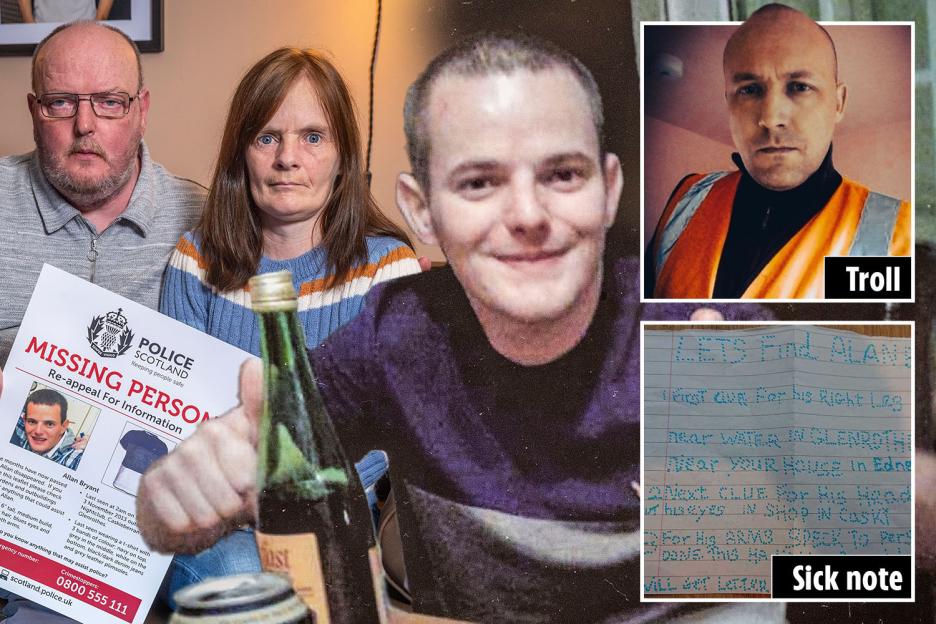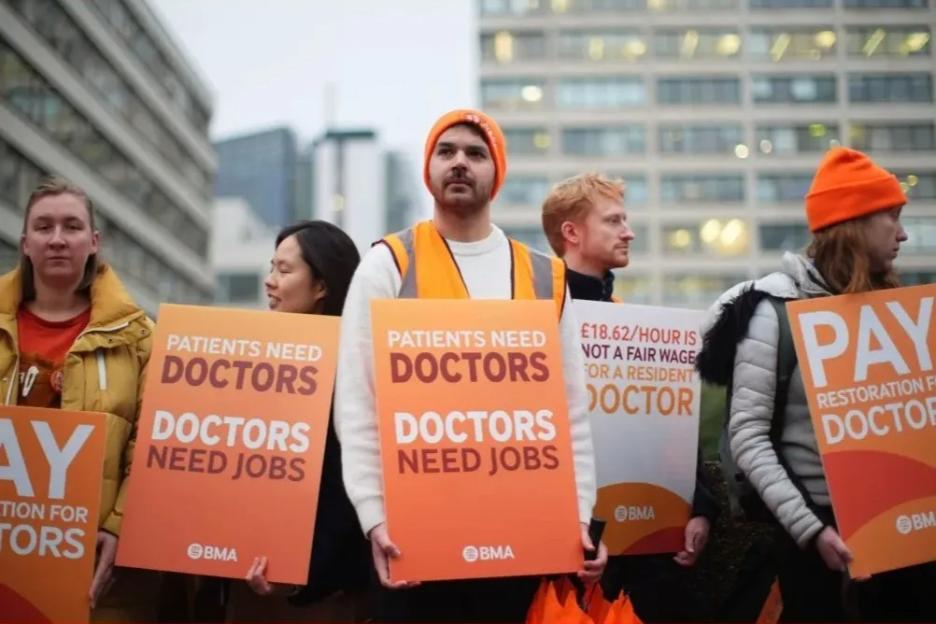A single dose of Pfizer's coronavirus vaccine may not generate a sufficient immune response to protect against dominant new variants, except in people who have already been infected with COVID-19, a UK study has found.
Read more: Pfizer asks European Union to approve vaccine for kids aged 12 to 15
The Imperial College-led study, which looked at immune responses in British healthcare workers after their first dose of the Pfizer shot, found that people who had previously had mild or asymptomatic infection had enhanced protection against more infectious mutated variants that emerged in Britain and South Africa.
But the immune response after a first dose of the shot was weaker in people who had not previously been infected, potentially leaving them at risk from such variants, researchers leading the work said on Friday.
Meanwhile, Pfizer Inc and partner BioNTech SE said on Friday they had applied to the European health regulator to extend the marketing authorization for their coronavirus vaccine for use in adolescents aged 12 to 15.
The companies filed a similar request in the United States earlier this month for the vaccine, which is already authorized for use in people from 16 years of age in both the United States and the European Union.
Read more: 2 vaccine doses better than 1 in preventing COVID-19 hospitalization, study says
The submissions are based on positive data from a late-stage clinical trial that enrolled 2,260 participants aged 12 to 15, the companies said.
U.S. Centers for Disease Control and Prevention director Rochelle Walensky told ABC News earlier this month that she expected the vaccine to be authorized for 12- to 15-year-olds by mid-May.




